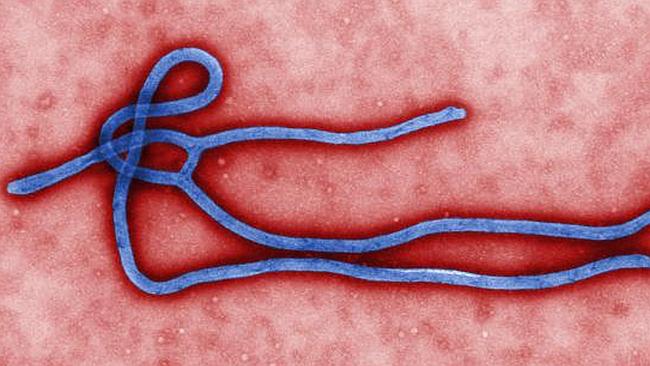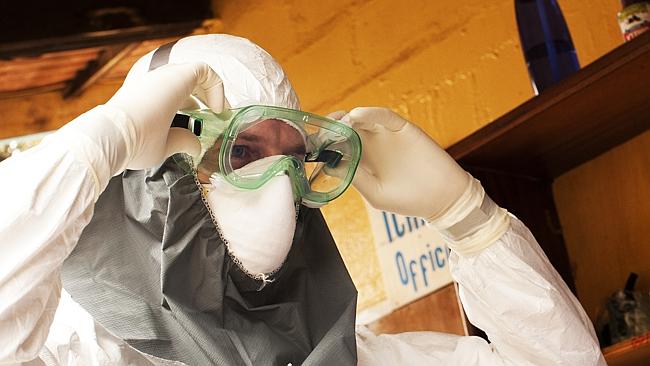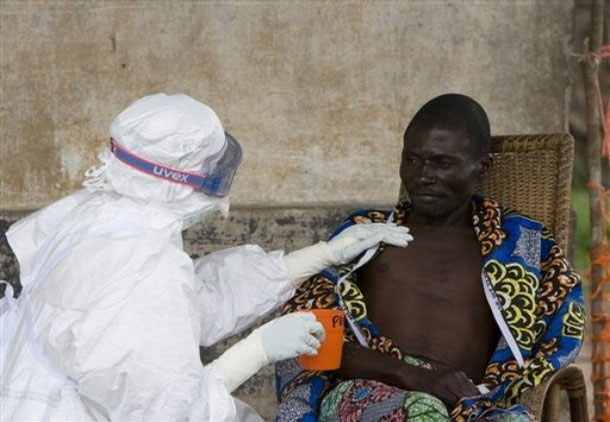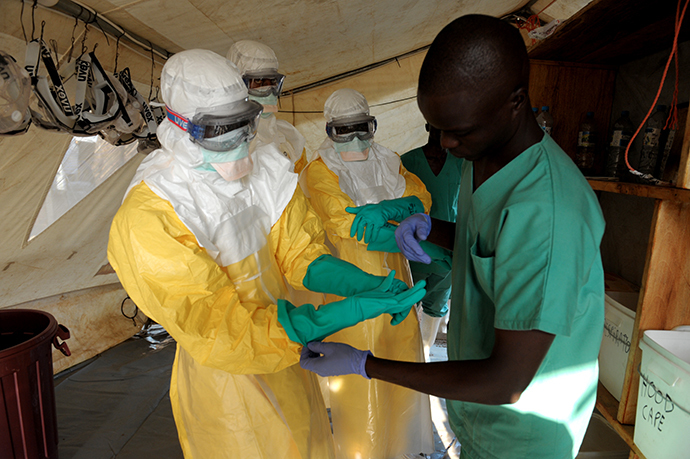WEST Africans have been battling the spread of Ebola for the past few months, in the worst epidemic of the disease ever seen.
Then, last week, two US aid workers were infected, and the American media exploded with Ebola news. Kent Brantly, a doctor who was infected while working at a hospital in Liberia, was flown to Atlanta’s Emory University on Saturday, and the media closely reported on his whereabouts, down to the very moment that he exited the ambulance. Nancy Writebol, an American missionary who was also infected in Liberia, is expected to arrive at Emory on Tuesday.
Now that Ebola appears to have the potential to affect worldwide, we really care. Not about Ebola or the people it’s affecting, per se, but mostly about ourselves and whether we are going to die of Ebola. The internet has been teeming with misinformation, advising people to stay away from keyboards and money.
Let’s start with the basics: Ebola is spread only through bodily fluids from an infected person, or from objects such as needles that have been in contact with infected bodily fluids. Ebola is not spread through air, food, water, or by touching money and keyboards. The doomsday scenario of Ebola being brought to the US and spread via passengers on planes is very unlikely, unless an infected and symptomatic person is allowed to board and then swaps spit with or bleeds on fellow passengers.
Ebola close-up. This harmless looking squiggle is scaring people the world over. (AP Photo/CDC) Source: AP
If Ebola is spread through bodily fluids, why don’t people just avoid contacting bodily fluids of the infected? Scientists have explained that there are sociocultural factors contributing to the deadliness of the disease in West Africa. The countries in which the current outbreak is taking place — Liberia, Sierra Leone, and Guinea — have never experienced this kind of outbreak before, so doctors may not be trained to diagnose or treat the disease, and citizens may not recognise its symptoms.
Additionally, families may engage in burial ceremonies that require them to touch the infected bodies of the recently dead, which can spread the disease. In some areas, citizens have fought outsiders’ public health interventions because they are afraid that aid workers will bring the disease in or have heard rumours that they will perform unauthorised treatments or quarantines that hurt the community.
Two Americans contracted Ebola while working for a Christian humanitarian relief organisation were treating Ebola patients at a Liberian hospital. Liberia is one of the three West Africa countries hit by the largest Ebola outbreak in history. (Photo by Samaritans Purse via Getty Images) Source: Getty Images
You may have also heard that Ebola can spread through animals. Many have cited a 2012 study in which scientists successfully spread the disease from pigs in a laboratory to monkeys. But there’s no reason for panic; while the study is an important observation, it’s unclear how this carefully controlled lab finding would be applicable to the spread of disease in a real-world scenario.
We are humans, not macaques. There is no evidence that West African pigs or monkeys are currently infected with Ebola, and even if there were, it’s not like West Africa is in the business of shipping its livestock worldwide. And, again, Ebola does not spread through food, so there is no risk in eating infected meat.
Still others are concerned about the possibility of a government conspiracy surrounding a “secret serum” used to treat the infected Americans. Reporting that this serum is “secret” is misguided and sensationalist; “experimental” is a less exciting but more accurate description. Before a medical treatment goes mainstream, it needs to be tested on animals, then on humans, and, finally, approved by the FDA.
Before this outbreak, ZMapp was being tested on animals, signalling that it is still in an early development phase. At this point, it’s not known whether the drug is effective in humans — it could even be harmful, which is why Brantly and Writebol reportedly had to sign waivers to receive it. Though this “unknown” serum sounds mysterious, the reason the public hasn’t heard of it before is because the government has these rules in place to protect us from unsafe drugs, not because anyone’s scheming to hide it from us.
Ebola is scary, but Americans have no reason to be afraid of it yet. Medical experts and government officials are hopeful that they can contain the situation in West Africa, and scientists are continuing their work on an Ebola vaccine. In the meantime, if you’re still feeling paranoid, go ahead and clean your keyboard. As long as you’re avoiding strangers’ bodily fluids (which you should do already), you’ll probably be fine. If you want to scare yourself, read these pandemic novels instead.
This article was written by Jane C. Hu from Slate and was legally licensed through the NewsCred publisher network.
H/T – news.com.au
Credit: Jane C. Hu
[divider scroll_text=”Back To Top”]




